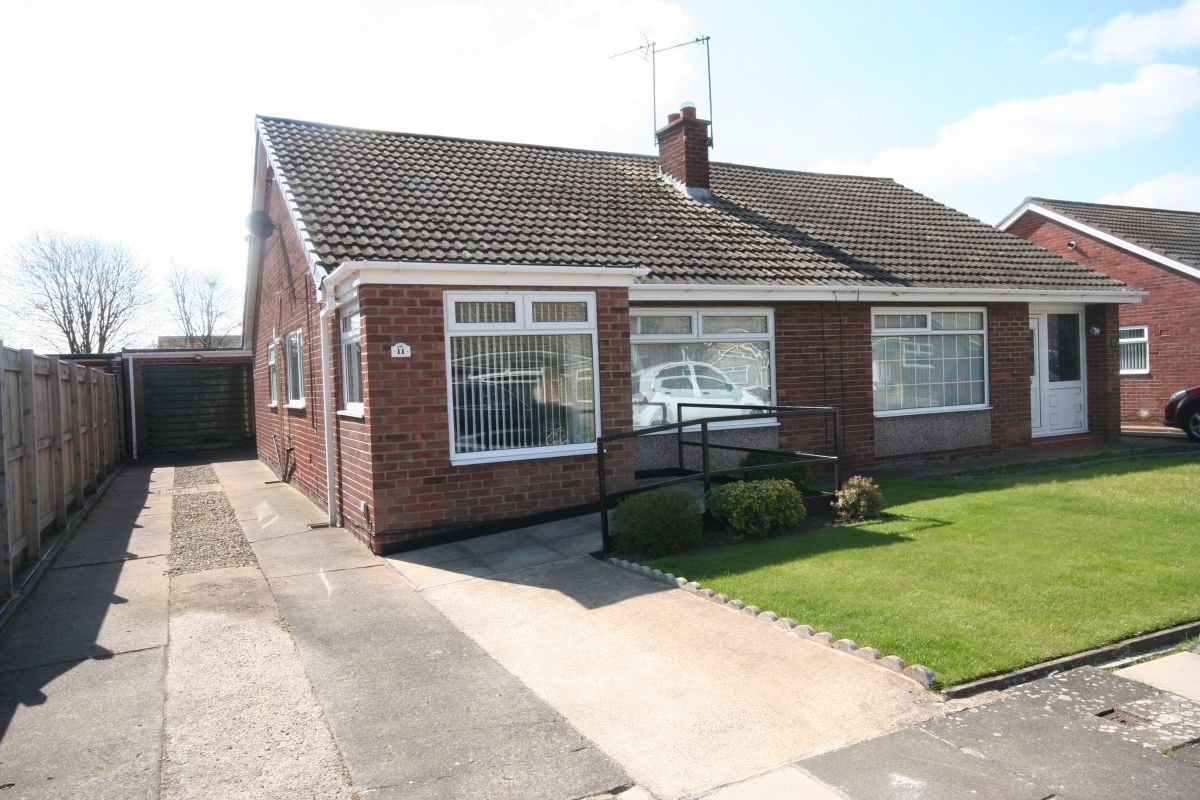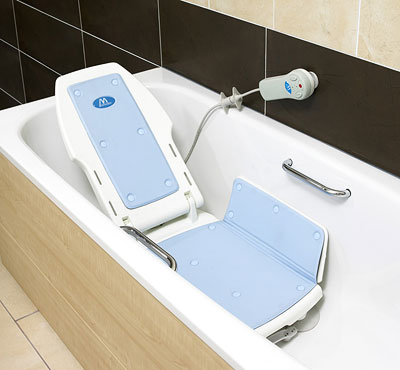Independent Living
Blackpool and Fylde Coast Independent Living Options:
Independent Living
Staying independent in your own home and caring about your future. Whether you or a family member need social care support, the council are there to help assess your needs. Most older people choose to remain in their own homes but may sometimes need a little help in the form of home care, equipment and home adaptations or respite care.
Details of these services are available in this Guide to Care. If your local council feel it is appropriate, they will assess your needs and, if you are eligible, will let you know how they can help. This could take the form of implementing the help themselves or by providing a direct payment.
Committing to long term care is a major decision so it is vital that you consider all the avenues available to you before you make your decision. A little homework can help you make the choice that’s right for you. Read More
Day care services
Day care services
Many councils work alongside voluntary organisations to provide good day care services. All sections of the
community are usually catered for including:
. People with physical frailties
. Those who may be socially isolated or not able to get out too often
. People with mild mental health issues
. People with disabilities (physical and learning)
. Those showing the early signs of dementia
Respite care
Respite care is the chance for those providing care to have a break and allow someone else to provide the care for a while. This could be for a few hours a week or for a longer period of time.
If you are the person being cared for, it could mean that you spend a little time in a home while your regular carer has a break. Alternatively, if you can afford it, a home based respite carer can live in your home during the time your regular carer is away.
Assessments
Assessments are where your various needs are discussed. Assessments consider you as an individual and look at your hopes for the future. Everything is considered and all aspects of your life need to be taken into account so that you are as happy and as comfortable as possible. Funded services are often available to meet your assessment needs but, if not, you will be directed to organisations that may be able to assist you.
Direct Payments
Direct Payments are payable if you are aged over 16, need community services or have parental responsibility for a child. Direct payments can only be used in a legal manner that helps to meet your care needs. The money cannot be used to employ a close relative living in the same house. You can ask for some of your direct payment to go towards a council care service that you need automatically, with the rest being paid to yourself.
Direct payments are not classed as a social security benefit, they don’t affect any means-tested benefits you may receive and they are exempt from tax. Your eligibility for direct payments will be assessed on a regular basis.
Care in your own home
Care in your own home For many people, it is extremely important thatched stay active and remain in their own home for as long as they possibly can. Direct payments can help make this possible. Direct payments can help you employ someone as a personal assistant. You could use the payment to pay an agency for help, or use it to pay for council services.
If you use an agency, they have to register with the Care Quality Commission. This ensures the staff are suitably qualified, well trained and have had all the necessary Criminal Records Bureau checks.
Independent home care providers
Independent home care providers There are an increasing number of home care providers available. The help they provide will vary but will typically include cleaning, shopping, cooking, dressing, toileting, bathing and medication taking.
The level of help and care required may mean that sometimes can vary from just a half hour every day up to several hours. Sometimes people need night care and there will be help available to cater for this.
Click anywhere in this panel for a list of local home care providers
Telecare and similar assistance
Telecare and similar assistance Technology is now able to help people in even more ways. There are now devices that can detect when someone has had a fall or has been inactive for a little while. Others can detect smoke or gas that’s been left on flooding or unusual temperatures. There are even devices that can detect certain health conditions. These devices can be a big help to people who value their independence but want the security and reassurance that help is on its way should they need it.
Getting out and about
There are many voluntary organisations throughout the UK that help people who need a little extra care to get out and about. Your local social services or Citizens Advice Bureau may be able to help you locate such an organisation near where you live. Your eligibility for direct payments will be assessed on a regular basis.
Meals direct to your door
A nourishing hot meal a day is important for your health and wellbeing. If you feel you would benefit from a hot meal delivery service then speak to your council today and see if you are eligible. Independent companies also provide similar hot meal delivery services.


Find the equipment that makes Independent living easier here:

Specialist home care equipment
Specialist care equipment and the home environment There are many options available for people with special needs to make day to day livings little easier.These
can really make a difference when it comes to giving people a little more independence and control over their lives.
There's a gadget for that!
There’s a gadget for that! If you need help with it then the chances are that something has been designed to help you with it! From slicing bread and turning taps to hoists that help you in and out of the bath, there are many living aids that could make those difficult things a Iot easier for you.
Changes to your home
Stairlifts are one of the most common changes that people make to their homes but there are lots of other changes that can be made. Grab rails, ramps and waist-high plug sockets are just a few examples of things that can make a big difference.
Grants are sometimes available for bigger items like stair lifts, though this may depend on where you stand financially.
That rings a bell
Personal pendant alarms and medication reminders are very popular with many people. Alarms in particular can give you an added sense of security, knowing that help is not far away should you need it.
Medication reminders are really good for prompting if you are Iikely to forget to take your medicine.
What is Sheltered Housing ?
This takes the form of adapted accommodation (usually for older people). Sheltered accommodation usually features a personal alarm system so residents can get help should they require it. Residents can normally furnish the accommodation with their own items.